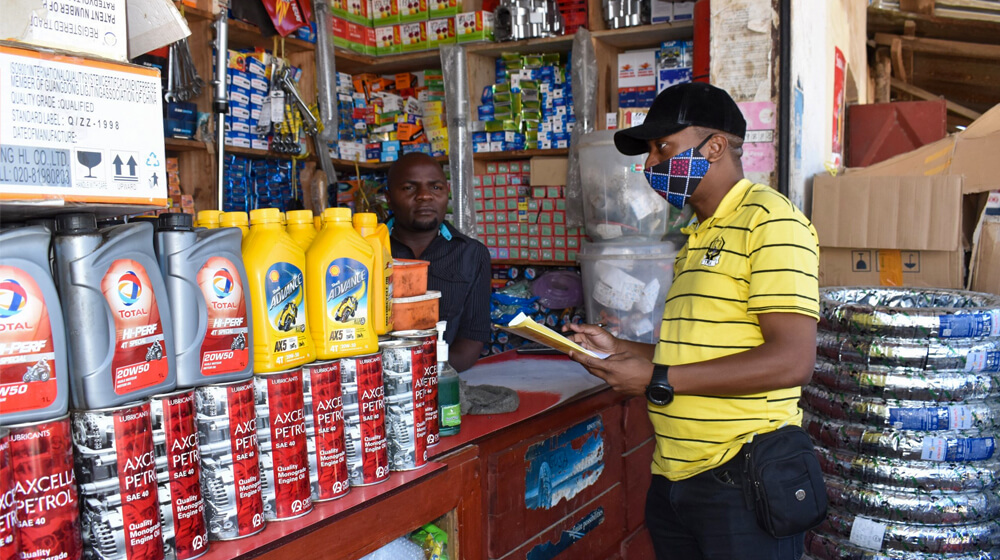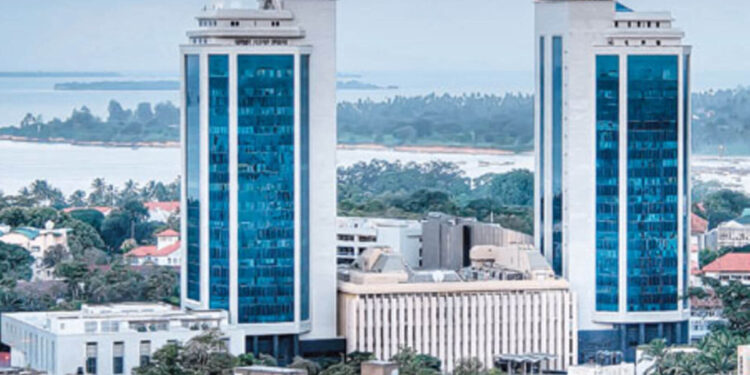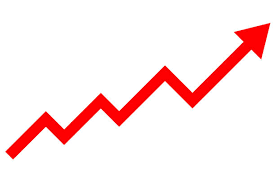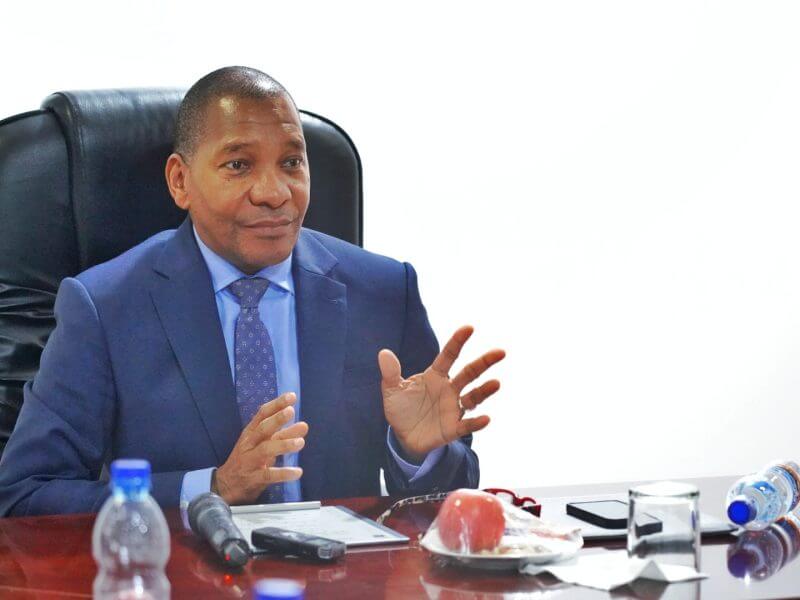Credit extended to the private sector grew by 22.5 percent in April this year compared with 13.4 percent recorded in the corresponding period last year, the Bank of Tanzania (BoT)Monthly Economic Review for May shows.
The increase reflects the recovery of demand for new loans by the private sector, attributable to an improved business environment, recovery of global supply chains, supportive monetary and fiscal policies, coupled with the lagged impact of policy reforms pursued by the Bank in support of agriculture sector.
Growth of credit to the agriculture sector remained the highest, growing at 36.1 percent, partly attributable to credit extended under the 1trn/- special loan facility and Statutory Minimum Reserve requirement (SMR) relief to banks that provides loan to agricultural activities at the rate below 10 percent .
“The growth is also attributable to ongoing government measures to improve productivity in agriculture and agribusiness,” according to the report.

Loans extended to personal undertakings, mainly for small and medium enterprises continued to be the main driver of credit growth, followed by trade, agriculture, and manufacturing activities.
In terms of share, personal loans accounted for the significant portion of the total credit, followed by trade and manufacturing activities.
Meanwhile, the Interest rates charged by banks on loans remained generally unchanged in April 2023. The overall lending rates averaged 15.91 percent, compared with 15.83 percent recorded in the preceding month, and 16.31 percent in the corresponding period in 2022.
Similarly, negotiated lending rates averaged 13.65 percent, compared with 13.59 percent in March 2023, and 14.12 percent in April 2022.
“Deposit rates also remained unchanged, with the overall time deposit rate averaging 6.79 percent, compared with 6.78 percent in the preceding month and 6.81 percent in April 2022,” the report shows.
Similarly, negotiated deposit rates slightly increased to an average of 9.46 percent, from 9.31 percent recorded in the preceding month, but was below 9.73 percent registered in the corresponding period in 2022.







